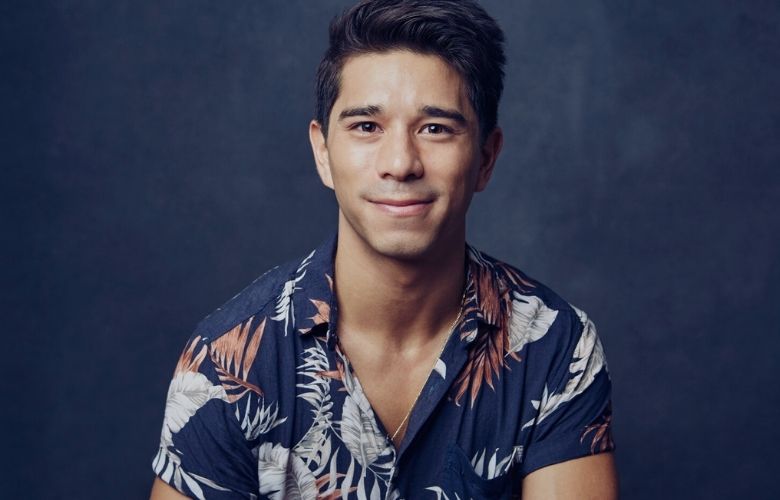
Sam Tanabe is a multitalented actor who has performed at regional theatre across the country, Off-Broadway, on Broadway, on TV, and in commercials. Sam grew up in South Florida always wanting to be an actor. He loves the sun, traveling, SCUBA and Publix chicken tenders subs.
After moving away from home, he found himself in Pittsburgh for four years at Point Park University, studying musical theatre and dance. His interest in languages and other cultures led him to Salamanca, Spain for a brief period of time, where he studied Spanish at the University of Salamanca.
Sam now resides in New York City. He is also the managing editor and a writer for the online publication Hapa Mag, which focuses on the mixed Asian experience. When not performing, you can usually find him around Manhattan with a bubble tea in hand.
As part of our series celebrating Asian American and Pacific Islander Heritage Month in May, we are shining the spotlight on our AAPI friends working across the Arts and entertainment industries.
Of course, thanks for having me! It’s nice to have theatre discussions again with the sight of its return on the horizon. The pandemic offered a nice respite from the grind of auditions and the “urgency” of needing to book the next project. However, not too long into the pandemic, I found myself really missing performing. My theatre nerd side came out with all these months at home. I’ve been re-visiting OBC recordings and going down theatre YouTube rabbit holes. Now I’m feeling reinvigorated and ready to tell stories again.
My mom was a music teacher when I was young, so there was always music in my house, and I was always interested in the arts. I grew up doing community theatre and later was very involved with my high school choir and theatre departments. I didn’t start dancing until I was 17, which felt really late. One of my teachers at the time told me that if I wanted to seriously pursue musical theatre, then I needed to start taking ballet. So I started taking classes with all these kids way younger than me and quickly progressed from there. My senior year of high school, that same teacher encouraged me to audition for Point Park University. I ended up going there for musical theatre and dance, and the training I received at Point Park really helped prepare me for New York.
Thinking about my journey after almost 10 years in New York is wild. Everyone’s path is so different, and mine has been a combination of preparedness, luck, and chance connections. Right out of school, like most other recent grads, I was auditioning like crazy. Looking back, there are some moments that really stick out as times that helped propel me forward.
Baayork Lee took a chance on me by casting me as Barnaby in the National Asian Artists Project’s production of Hello Dolly! I am still friends with a lot of people I met through that show, and it introduced me to a lot of the Asian American theatre community here in New York.
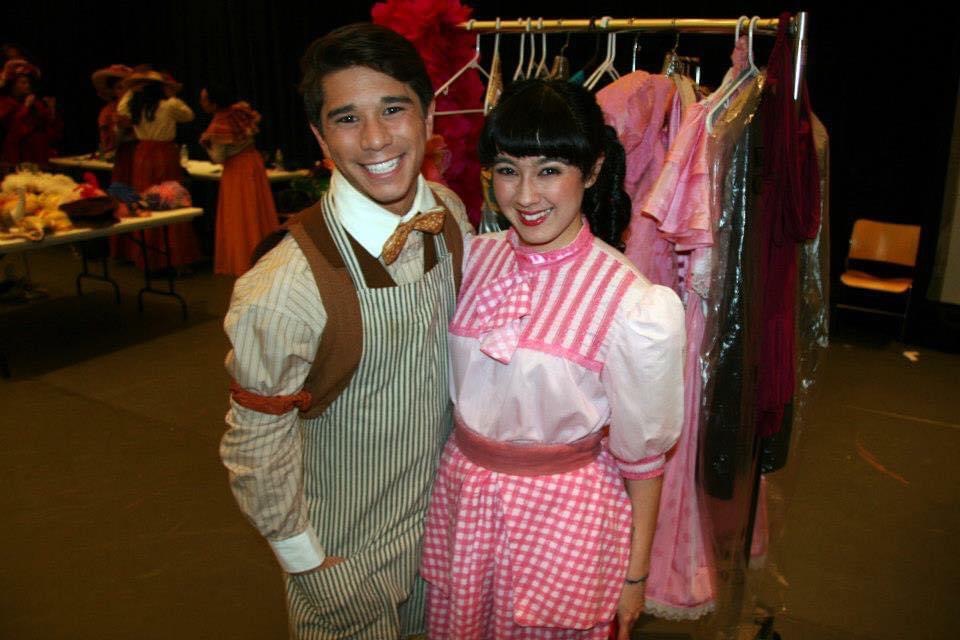
A friend that saw me in Hello Dolly! introduced me to his friend who was looking for a dancer for this show Red Eye of Love, which I got my Equity card doing and then later performed again in an off-Broadway run.
Being in the right place at the right time has really served me a lot.
Summer of 2015, the Broadway production of Allegiance was looking to cast its final swing, and it had a really specific breakdown. Casting was looking for somebody of mixed Asian descent to cover both the Japanese and white ensemble, understudy Telly Leung, and who could ideally tumble.
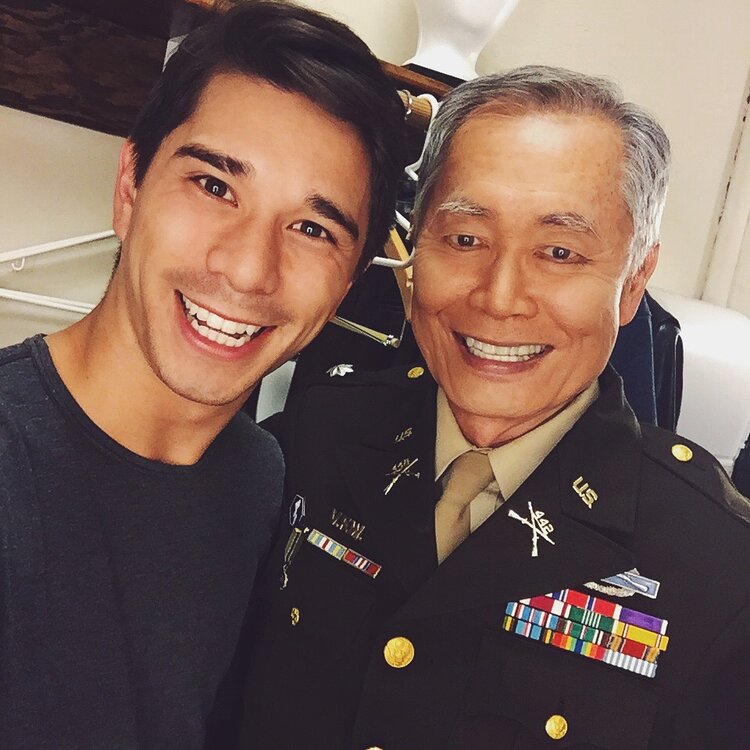
Sometimes you just fit a role, without having to change anything about yourself or learn a new skill.
I just happened to be available when they were looking for someone mixed, and as a strong actor, singer, and dancer who could tumble, I knew I could nail it. Allegiance ended up being my Broadway debut.
Theatre is a unique industry in which you have the opportunity to become so close with your co-workers, sometimes like family, and that makes it impossible to choose.
Every show I’ve done has felt special, all for different reasons.
It can be the combination of people in your cast that makes the whole run so fun, the message of the show that gives your work importance, or the difficulty of the show that makes you feel so accomplished and proud.
I think my career highlights involve surprising myself with how much I’m capable of, whether it be swinging eight tracks on Broadway, dancing and tumbling in heels, or playing a vocally demanding lead role for the first time.
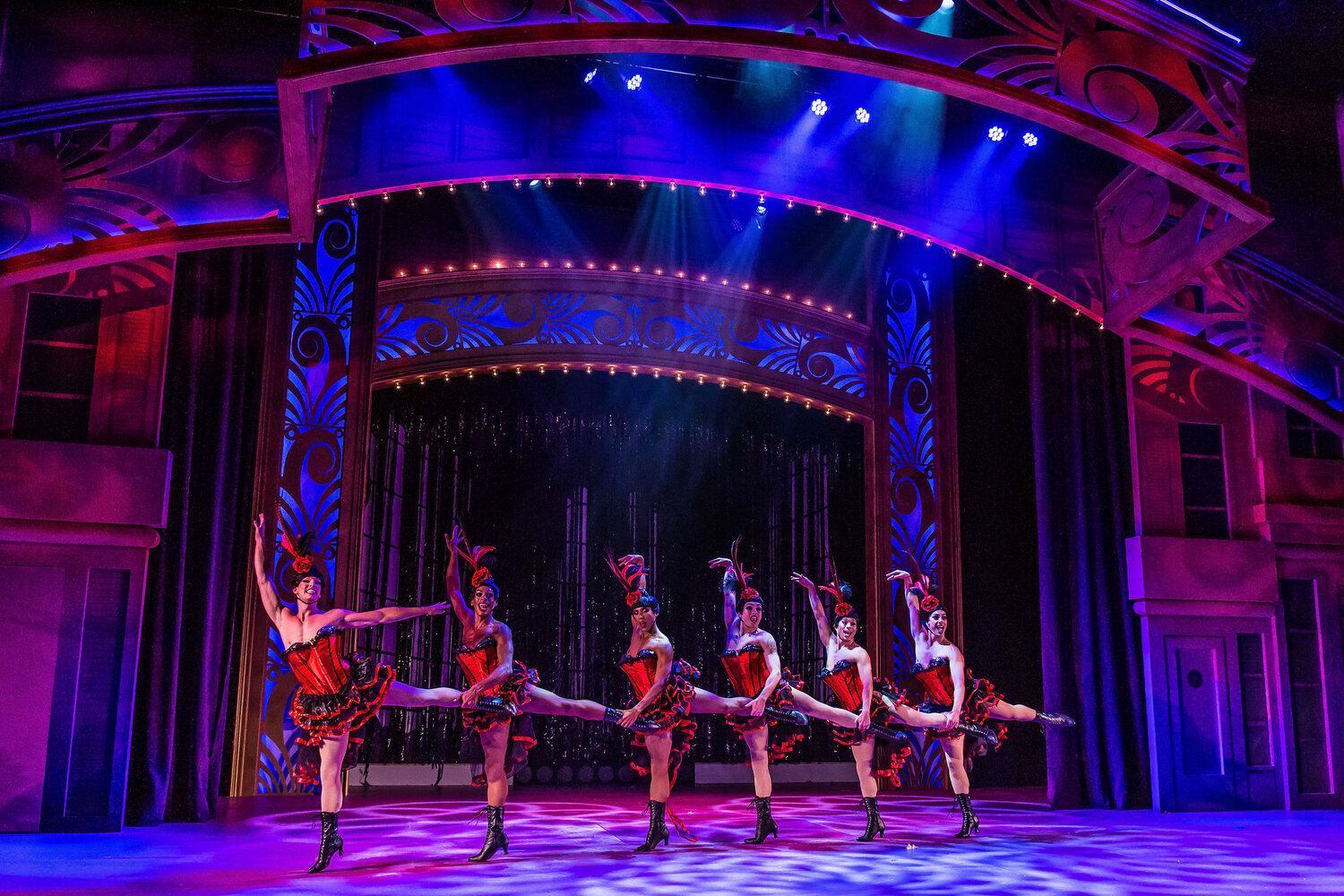
Fighting type. I hear that being “ethnically ambiguous” is so advantageous a lot. For a lot of my career so far, I’ve actually found the opposite. Since I don’t look mono-ethnically Asian, there are a lot of Asian roles and shows I’m not considered for. I’ll go to the auditions, but don’t often get called back. I was actually surprised when I booked a production of The King & I (a show many of my other friends have done multiple times).
Based on how I look, I’ve been called in for Latinx and South Asian roles, but I don’t feel comfortable playing those characters since neither are part of my heritage. There aren’t as many mixed roles out there as you would think, but more and more are starting to be written.
“Type” is a tricky conversation in this business, but it’s important to look at how this industry has cast roles in the past, examine closely how we cast in the future, what these decisions imply, and how we can make theatre more equitable and accessible to everyone.
I like things to be planned and done methodically, but there is no “how-to” plan for this business, and certain actions won’t guarantee results. Because of that, I would tell myself (and anyone else) not to stress out over where you’re at in your career.
No matter where you’re at, enjoy the process and experience.
So much in theatre is out of the actors’ control, so seek out the meaningful projects that you want to be a part of, and go for those, because you want to enjoy doing what you set out to from the beginning — perform!
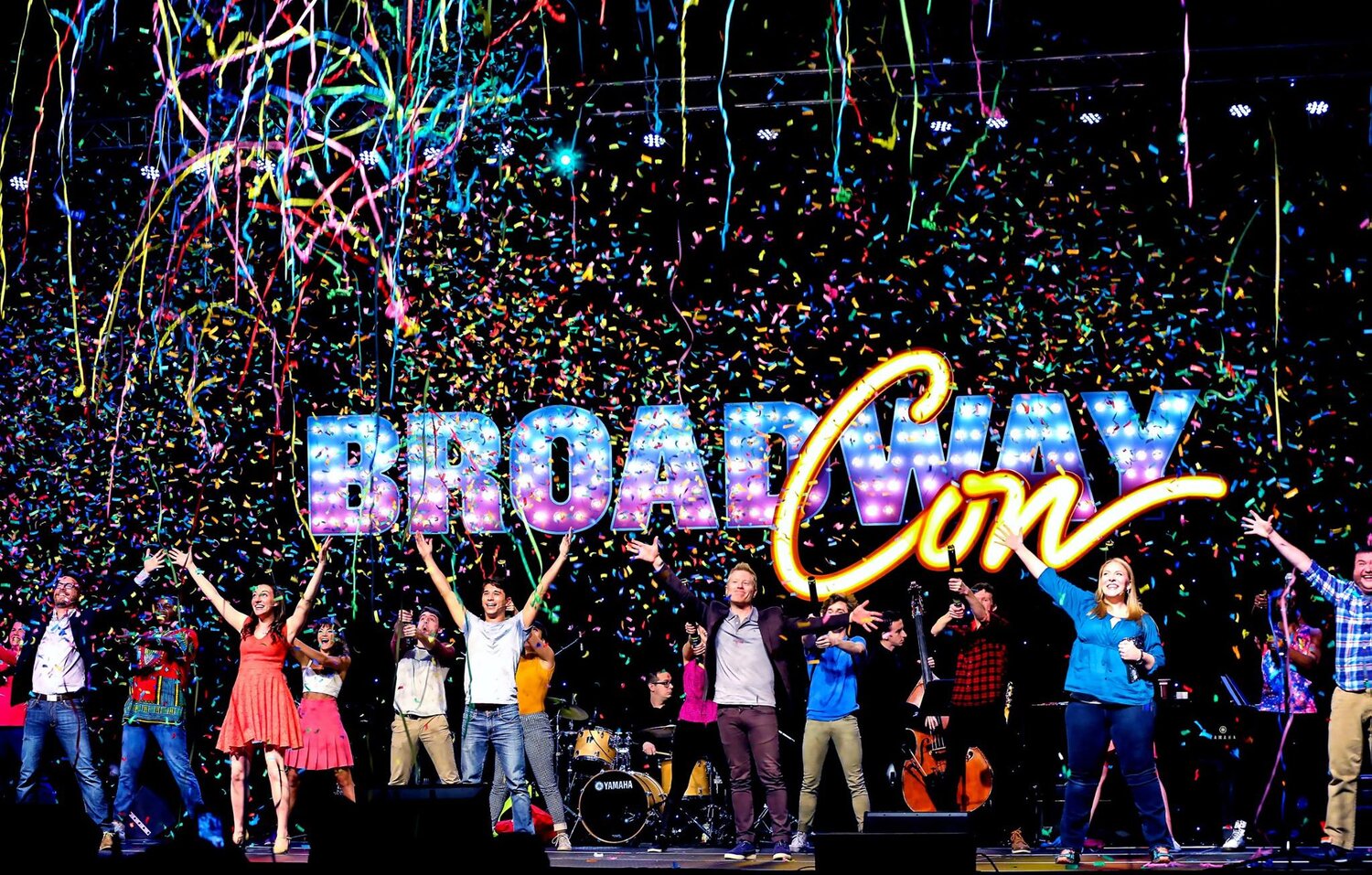
I don’t have anything specific coming up right now, but I’m looking forward to getting back to auditions. I’m curious to see when in-person calls will resume. I want that to be when everything can be done safely. I’ve had a lot of self tapes in the last year, but those just have such a different feel to them.
There is so much going on with The Hapa Mag right now. We’re about to rebrand as Mixed Asian Media. Hapa Mag has operated as an online magazine for the last three years. I’ve helped our founder and editor-in-chief Alex Chester (who was my Minnie Fay in Hello Dolly!) grow the mag, and we’ve really come a long way.

Our writers are of mixed API descent, and we cover all things “mixed Asian lifestyle” including the arts and entertainment, music, ports, politics, reviews, and op-ed pieces. We’ve gotten to interview some incredible mixed celebrities like Apolo Ohno, Jessica Henwick, and Cole Walliser, just to name a few.
With the change to Mixed Asian Media (MAM), we’re ready to grow our audience as well as the type of content we produce. We’re moving beyond just an online magazine and expanding our brand to include projects like our first big film/media festival this September (MAM Fest), which will be virtual this year.
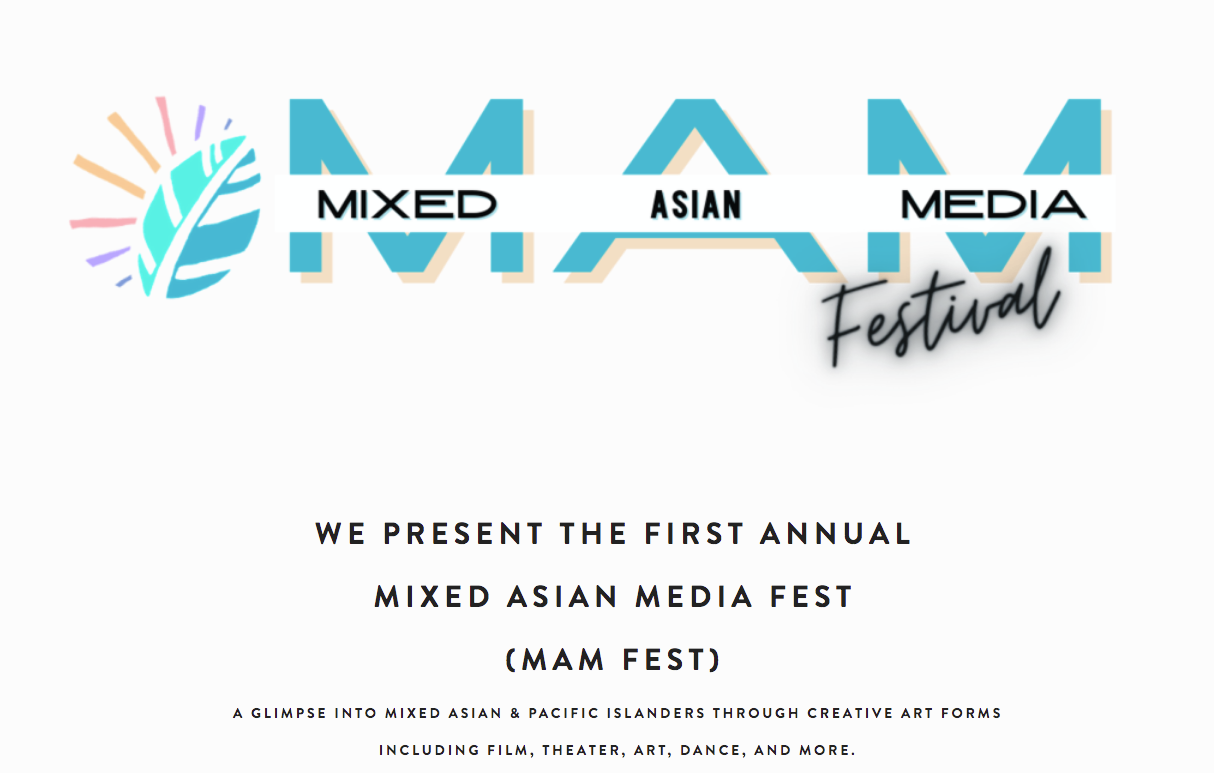
We’re also teaming up other mixed Asian led organizations all of May to bring a month-long series of discussions and programming examining Asian Pacific Islander American Heritage month through the mixed lens.
In the future we have our eyes on starting a podcast, more video series, and we’ve already started producing our own photoshoots to accompany exclusive celebrity interviews.
Some time off from theatre allowed me to put more focused efforts into Mixed Asian Media, and it feels like everything just took off, full force.
As much as I love performing and storytelling through theatre, it’s difficult to remain “just an actor” in this business. Especially after the last year we’ve had, the theatre community is asking for fundamental changes to take place in the way this industry operates.
I’m referring to a list of things that include, but are certainly not limited to: stronger communication from the union, more transparency from producers, casting, and directors, a willingness to address the deep-rooted racism that exists in our country and therefore infiltrates our work, and even more diversity in regards to race, gender, bodies, actors with disabilities, and the stories being told.
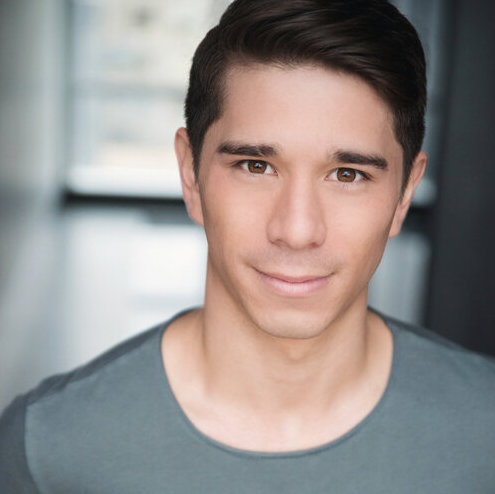
Links:
Sam Tanabe
Websites: Hapa Mag (MAM)
Accessibility At The Smith Center Series: Part One
James “Fitz” FitzSimmons Interview: The Boys In The Band On Netflix
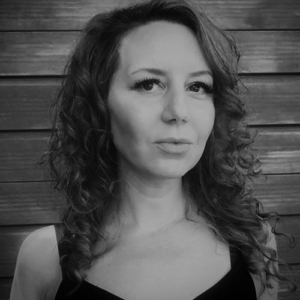

Michelle is a musician and composer from the UK. She has performed across the UK and Europe and is passionate about arts education and opportunities for women and girls.
Read Full Profile© 2021 TheatreArtLife. All rights reserved.

Thank you so much for reading, but you have now reached your free article limit for this month.
Our contributors are currently writing more articles for you to enjoy.
To keep reading, all you have to do is become a subscriber and then you can read unlimited articles anytime.
Your investment will help us continue to ignite connections across the globe in live entertainment and build this community for industry professionals.